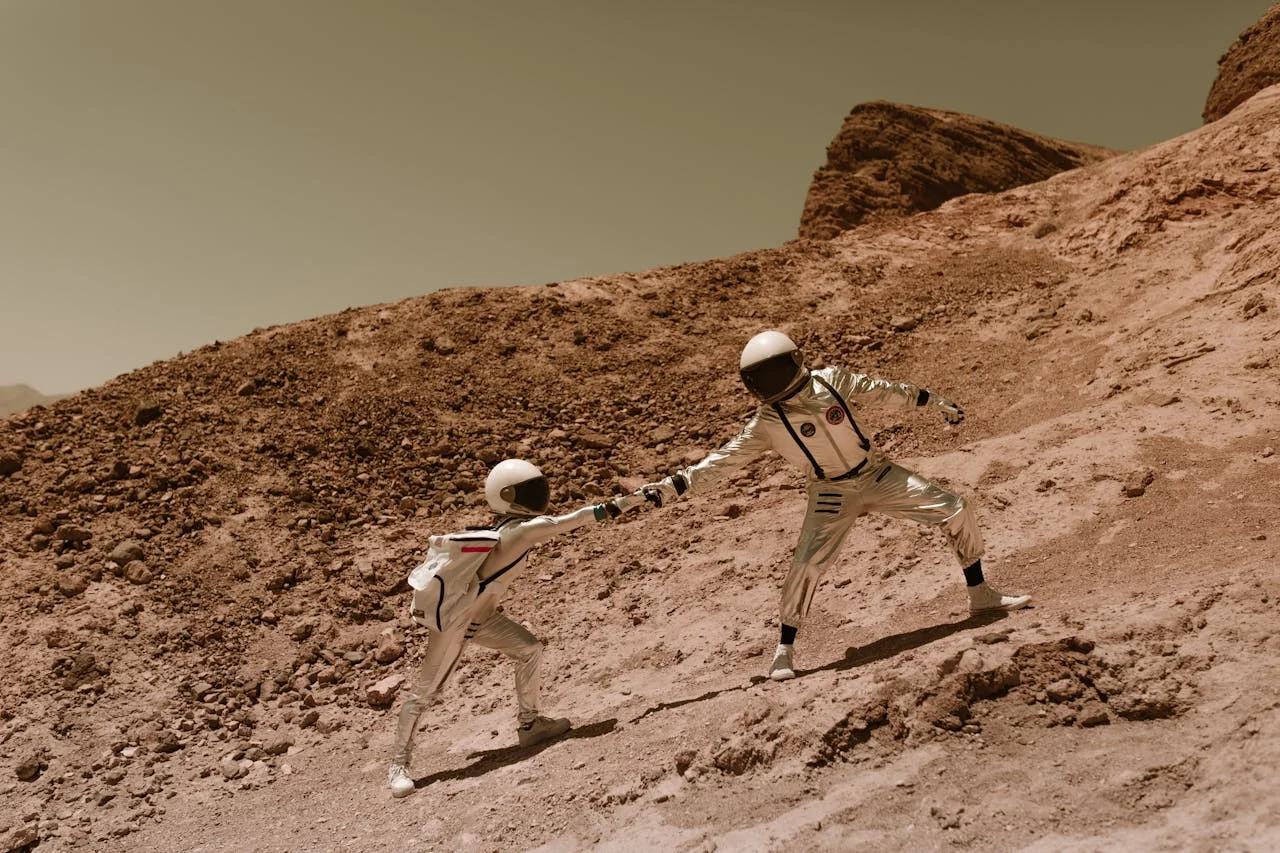Who Discovered the Concept of Gravity?
The concept of gravity as a fundamental force governing the motion of celestial bodies and objects on Earth was revolutionized by Sir Isaac Newton in the 17th century. While earlier thinkers like Aristotle and Galileo Galilei explored ideas about falling objects and planetary motion, Newton formulated the first mathematical framework for gravity in his seminal work, Philosophiæ Naturalis Principia Mathematica (1687). His law of universal gravitation states that every mass attracts every other mass with a force proportional to the product of their masses and inversely proportional to the square of the distance between them.
How did Newton develop his theory?
According to popular legend, Newton observed an apple falling from a tree, which sparked his inquiry into whether the same force pulling the apple downward also kept the Moon in orbit around Earth. By combining his laws of motion with astronomical data, Newton demonstrated that gravity explained phenomena ranging from tides to planetary orbits. His work laid the foundation for classical physics and dominated scientific thought for over two centuries.
However, Newton’s theory was refined by Albert Einstein in the early 20th century. Einstein’s theory of general relativity redefined gravity not as a force but as the curvature of spacetime caused by mass and energy. This explained anomalies in Mercury’s orbit and predicted phenomena like gravitational lensing and black holes.
Who contributed to gravity before Newton?
-
Aristotle: Proposed that objects move toward their “natural place” (e.g., earth falls, fire rises).
-
Johannes Kepler: Described planetary motion but attributed it to magnetic forces.
-
Galileo Galilei: Experimentally demonstrated that objects fall at the same rate regardless of mass.
Why is gravity essential in physics and astronomy?
-
It governs the structure of the universe, from planetary systems to galaxies.
-
It influences time dilation (as in Einstein’s relativity).
-
It drives cosmic phenomena like black holes and the Big Bang.
Keywords: Gravity, Force, Mass, Physics, Newton, Einstein, Relativity, Space, Astronomy, Energy, Black Hole, Universe, Motion, Planetary, Laws
Tags: #Gravity #Physics #Newton #Einstein #Relativity #Astronomy #Science #Space #Force #Mass

